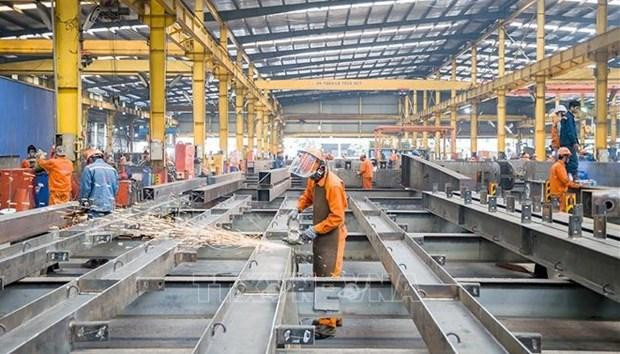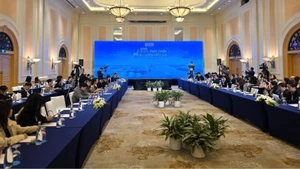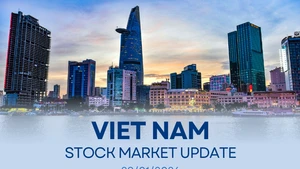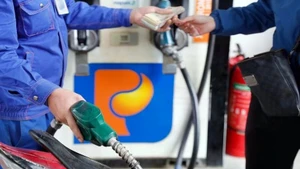This is a rare high amid the context that 2022 is a year full of difficulties for not only Vietnam but also the whole world, he told the Vietnam News Agency.
He held that this growth is driven by a purchasing power rebound after the COVID-19 pandemic, as well as the strength of the Vietnamese economy, especially political and social stability, the stability of economic and investment policies, and its openness and integration into the global economy.
Scriven noted the economy’s internal driving forces are relatively balanced and strong, from people’s demand, enterprises’ strength, and foreign investment attraction to Vietnam’s competitiveness thanks to free trade agreements, which have helped open up new markets.
Vietnam is assessed as a new and strong economy with an internationally recognised stature. It is a rare example of stability among Southeast Asian nations, the Dragon Capital leader went on, adding that while global uncertainties this year are mainly caused by food and energy crises, it seems to haven’t suffered from too big impacts.
Echoing the view, Dr. Ho Quoc Tuan, senior lecturer in finance and accounting at the UK-based University of Bristol, said since the year’s beginning, Vietnam has succeeded in sustaining high economic growth and low inflation, about 3% - lower than other Asian countries like Japan, Indonesia, the Republic of Korea, and many European countries, which have neared an inflation rate of over 10%.
However, he noted, it is hard for Vietnam to maintain a high growth rate amid prolonged difficulties predicted for the global economy for many months to come. In particular, its exports will be affected by a slowdown in global export growth.
It will also be difficult for enterprises to maintain growth and capital accessibility since the country is facing increasing production costs while interest rates are surging, causing pressure on foreign exchange rates and general interest rates in the economy.
Tuan recommended that to keep economic growth, Vietnam should use fiscal tools, including boosting public spending, especially on infrastructure development, power generation, and climate change fight, to support the economy and enterprises. It is also important to step up market reforms and create opportunities for businesses to develop further.
Scriven said Vietnam should not lower vigilance but continue reforming the labour market, the real estate market, trade and visa regulations, and accounting standards.
The British expert also pointed out chances for Vietnam as global supply chains are being restructured, and many foreign firms are paying attention to the country, which is currently viewed as a manufacturing hub for the Asian market.
















